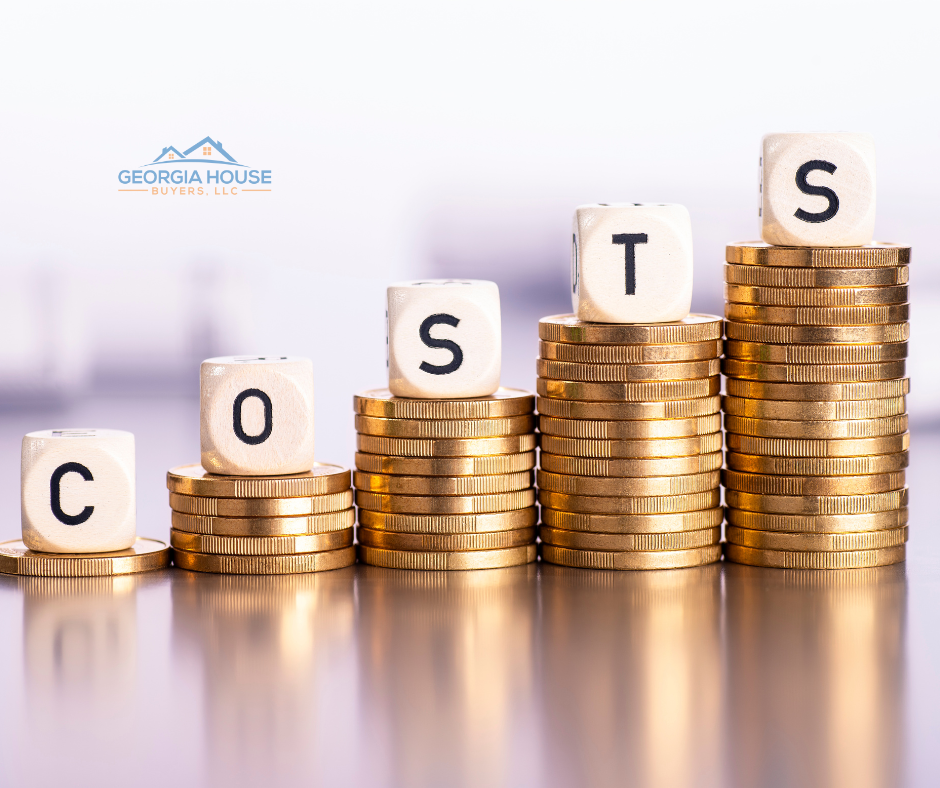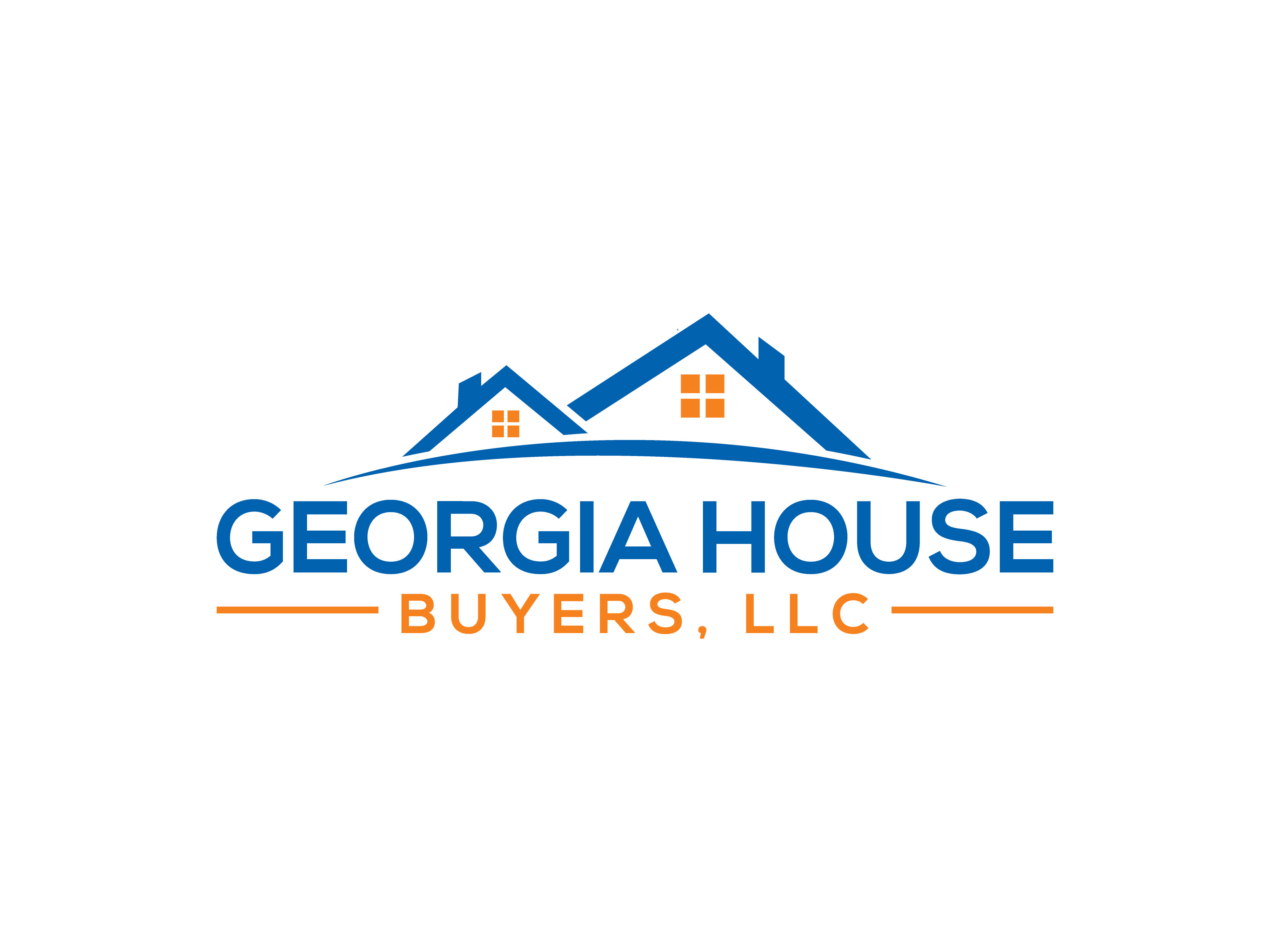Investing in real estate can be profitable, but it also carries certain risks. One of the biggest dangers is keeping an unsuitable property for too long. Holding costs can accumulate rapidly, diminishing your profits and potentially leading to losses. In this guide, we’ll explore holding costs and their effect on your financial outcomes. Additionally, we’ll offer a holding cost checklist for investors and property flippers in Macon to help you steer clear of common mistakes.

What are Holding Costs?
Holding costs refer to the expenses involved in owning a property that you intend to sell or rent. These can include mortgage payments, property taxes, insurance, utilities, maintenance, repairs, and more. In short, any costs you incur while retaining the property are classified as holding costs, and they can accumulate rapidly.
Why are Holding Costs Important?
Holding costs are crucial because they can greatly affect your profitability. If you keep a property for an extended period, these costs can erode your profits or even lead to losses. For instance, if you’re spending $1,000 each month on mortgage payments, property taxes, and utilities, and it takes you six months to sell the property, your holding costs would total $6,000. This means that if you expected to make a $20,000 profit from the sale, your actual profit would be reduced to $14,000.
Holding costs can also affect your return on investment (ROI). The longer you keep a property, the lower your ROI will become. For instance, if you intend to flip a property, it’s best to sell it quickly to maximize your ROI. However, holding onto the property for too long can lead to a decline in your ROI.
Holding Cost Checklist for Investors and Property Flippers in Macon
To help you avoid common pitfalls associated with holding costs, we’ve put together a checklist for investors and property flippers in Macon. Use this guide to ensure you’re accounting for all expenses related to your property.
1. Mortgage Payments: If you have a mortgage, don’t forget to include your monthly payments.
2. Property Taxes: These can vary significantly based on the property’s location and value.
3. Insurance: Property insurance safeguards against damage or loss, but it comes with a cost.
4. Utilities: Expenses for utilities like electricity, water, and gas can accumulate quickly, especially for vacant properties.
5. Maintenance and Repairs: Ongoing maintenance and occasional repairs are necessary. Consider costs for routine upkeep, such as lawn care and HVAC servicing, along with unexpected repairs.
6. Property Management Fees: If you’re renting out the property, you may need to hire a property management company to handle tenant relations and rent collection.
7. Homeowner Association (HOA) Fees: If the property is part of an HOA, remember to include any monthly or annual fees.
8. Vacancy Costs: If the property remains vacant, account for expenses related to security, landscaping maintenance, and utilities.
9. Opportunity Cost: Holding onto a property for too long can prevent you from pursuing other investment opportunities, so be sure to consider the potential opportunity cost.
Holding costs are an essential consideration in real estate investments, as they can quickly reduce your profits and affect your ROI. With the holding cost checklist in this guide, you can account for all associated costs, helping you make informed decisions and optimize your returns. Have questions about buying or selling real estate in Macon? Contact our team to learn how we support investors and property flippers! (478) 739-3968
Just a reminder, we buy houses in these cities: Macon, Lizella, Warner Robins, Bonaire, Jeffersonville, Kathleen, Centerville, Byron, Fort Valley, Gray, Milledgeville, Forsyth, Juliette, Bolingbroke, Roberta, and Dry Branch.

